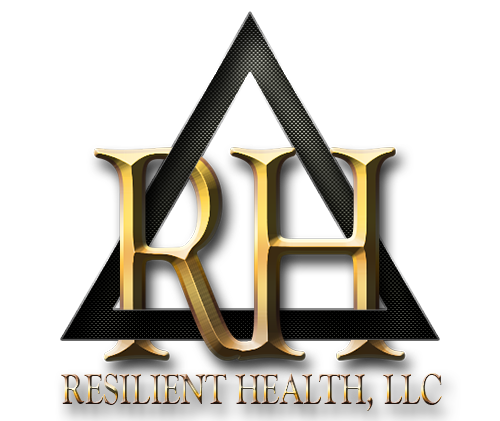Supplements: What You Need to Know
In the quest for optimal health and peak performance, many people turn to dietary supplements. With a vast array of options available, it can be challenging to determine which supplements are beneficial, which are unnecessary, and which might even be harmful. This comprehensive guide will help you navigate the world of dietary supplements, understand their uses, and evaluate what science says about their efficacy.
What Are Dietary Supplements?
Dietary supplements include vitamins, minerals, herbs, amino acids, enzymes, and other substances meant to complement your diet. They come in various forms, including tablets, capsules, powders, and liquids. The goal of supplements is to provide nutrients that may be missing or insufficient in your regular diet.
Common Types of Supplements and Their Uses
Vitamins and Minerals
Multivitamins: Provide a broad range of essential vitamins and minerals.
Vitamin D: Supports bone health and immune function.
Vitamin B12: Important for nerve function and energy production, especially in vegetarians and older adults.
Iron: Essential for oxygen transport in the blood; often used to treat anemia.
Calcium: Vital for bone health and muscle function.
Herbal Supplements
Echinacea: Commonly used to prevent or treat the common cold.
Ginkgo Biloba: Believed to improve cognitive function and circulation.
Turmeric/Curcumin: Known for its anti-inflammatory properties.
Amino Acids and Proteins
Whey Protein: Supports muscle growth and repair.
Branched-Chain Amino Acids (BCAAs): Used to enhance muscle recovery and reduce fatigue.
Creatine: Improves strength, power, and exercise performance.
Essential Fatty Acids
Fish Oil (Omega-3): Promotes heart health, reduces inflammation, and supports brain function.
Flaxseed Oil: A plant-based source of omega-3 fatty acids.
Probiotics
Lactobacillus and Bifidobacterium: Support gut health and improve digestion.
The Science Behind Supplements
Efficacy and Safety
Multivitamins
Efficacy: Multivitamins can help fill nutrient gaps in your diet. However, for those with a balanced diet, the benefits are less clear. Some studies suggest no significant benefits in preventing chronic diseases.
Safety: Generally safe when taken as directed, but high doses of certain vitamins and minerals can cause adverse effects.
Vitamin D
Efficacy: Strong evidence supports its role in bone health and immune function. Many people, especially those in northern climates or with limited sun exposure, may benefit from supplementation.
Safety: Safe when taken in recommended doses, but excessive intake can lead to toxicity.
Fish Oil (Omega-3)
Efficacy: Well-supported benefits for heart health and inflammation. Some evidence also suggests cognitive benefits.
Safety: Generally safe but can cause digestive issues in high doses. Consult with a healthcare provider if you are on blood-thinning medication.
Probiotics
Efficacy: Can improve gut health and digestive function. Evidence supports their use for certain conditions like irritable bowel syndrome (IBS) and antibiotic-associated diarrhea.
Safety: Typically safe, but those with compromised immune systems should consult a healthcare provider.
Herbal Supplements
Efficacy: Varies widely. Some, like turmeric and echinacea, have supportive evidence for certain health benefits, while others lack robust research.
Safety: Can interact with medications and cause side effects. Always consult a healthcare provider before starting any herbal supplement.
Choosing the Right Supplements
Assess Your Needs: Consider your diet, lifestyle, and any specific health conditions. Supplements should complement, not replace, a balanced diet.
Quality Matters: Choose reputable brands that undergo third-party testing for purity and potency. Look for certifications like USP, NSF, or ConsumerLab.
Consult a Healthcare Provider: Before starting any new supplement, especially if you have health conditions or are taking other medications.
Conclusion
Dietary supplements can be a valuable tool for enhancing health and filling nutritional gaps. However, they should be used wisely and in conjunction with a healthy diet and lifestyle. Understanding the science behind supplements and consulting with healthcare providers can help you make informed choices that support your overall well-being. Remember, more is not always better—moderation and quality are key.

